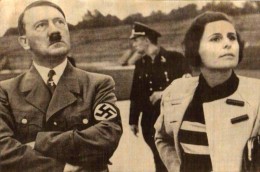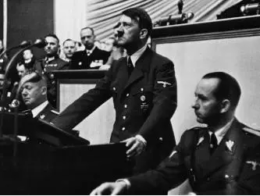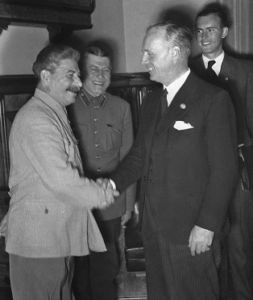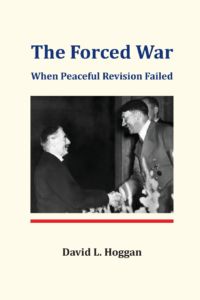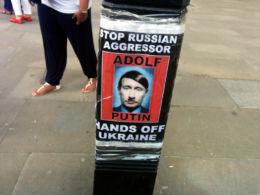English original here; French, Russian, Spanish, Portuguese
Część 12 (Rozdział 1, Rozdział 9, Rozdział 11)
Adolf Hitler urodził się 20-go kwietnia 1899 r. Każdego roku, 20-go kwietnia, przez strony internetowe związane z białym nacjonalizmem w nieuchronny sposób przetacza się fala dyskusji i debat dotyczących Hitlera i jego dziedzictwa. (more…)
